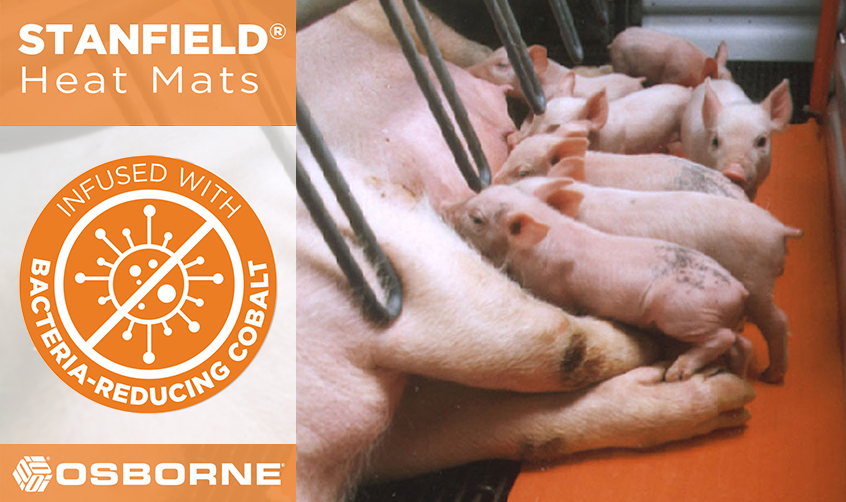



US farm groups tell Supreme Court Proposition 12 is 'unconstitutional'
The brief was filed in JuneThe American Farm Bureau Federation (AFBF) and the National Pork Producers Council (NPPC) filed a brief with the US Supreme Court challenging the constitutionality of California’s Proposition 12. The state law seeks to ban the sale of pork from hogs that don’t meet the state’s arbitrary production standards, even if the pork was raised on farms outside of California, the organisations said in a news release.
AFBF and NPPC argue Proposition 12 violates the constitution’s Commerce Clause, which restricts states from regulating commerce outside their borders. The brief states Proposition 12 “will require massive and costly changes across the entire $26-billion-a-year industry. And it inescapably projects California’s policy choices into every other State, a number of which expressly permit their farmers to house sows in ways inconsistent with Proposition 12.”
“California is attempting to set the rules for the entire country,” said AFBF President Zippy Duvall. “Farmers are dedicated to caring for their animals, but this misguided law inhibits efforts to provide them a safe environment. Almost all of the pork consumed in California is produced outside of its borders. This law has the potential to devastate small family farms across the nation through unnecessary and expensive renovations, and every family will ultimately pay for the law through higher food prices.”
NPPC President Terry Wolters, owner of Stoney Creek Farms in Pipestone, MN said, “Farmers’ top priority every day is the health, safety, and welfare of the animals in their care. California’s Proposition 12 illegally regulates farms across the country and international borders. It will have ripple effects of jeopardizing the health and safety of the entire U.S. herd, driving many smaller farmers out of business, dramatically increasing costs, and limiting consumer choice of affordable and nutritious pork products.”
NPPC and AFBF assert Proposition 12 unconstitutionally regulates commerce outside of California; governs activity outside of California’s borders and beyond its police powers; and imposes substantial burdens on out-of-state farmers and their customers.









